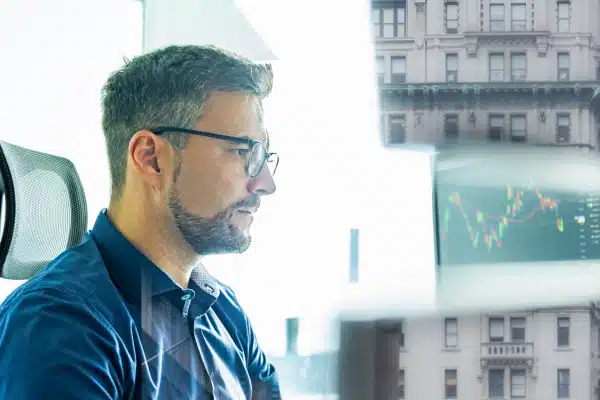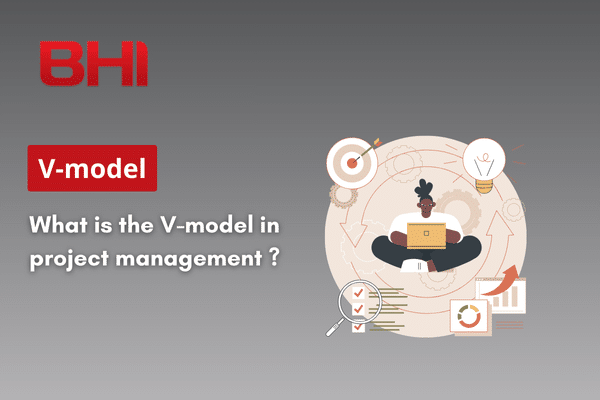Enterprise Performance Management (EPM) plays a central role in the strategy of companies wishing to optimize their performance and achieve their objectives. Today, the introduction of artificial intelligence (AI) into EPM is revolutionizing its potential, offering unprecedented opportunities and posing new challenges. AI, with its ability to process and analyze immense volumes of data, promises to transform the way companies make strategic decisions. However, this transformation is not effortless. Let’s explore how AI is redefining EPM, its benefits for decision-making and the challenges associated with its adoption.
Opportunities to improve decision-making
Artificial intelligence dramatically expands the capabilities of EPM systems, particularly when it comes to collecting, analyzing and interpreting data. Here are the key opportunities offered by AI :
-
Advanced data analysis
AI can process large datasets in real time, identify complex trends and provide strategic insights. This helps decision-makers anticipate market developments, spot inefficiencies and act quickly.
-
Accurate forecasts and predictions
Thanks to machine learning algorithms, AI can exploit historical data to predict future performance. For example, it can anticipate demand variations or cash flow fluctuations, enabling better planning.
-
Identifying opportunities and risks
AI makes it possible to locate untapped growth opportunities and detect potential threats to the company. This information is essential for adapting business strategy and making proactive decisions.
-
Optimizing automated processes
By integrating AI with EPM, companies can automate repetitive tasks, such as data consolidation or report generation. This improves operational efficiency and frees up teams for higher value-added activities.
Challenges in implementing AI in EPM systems
Despite its many advantages, integrating artificial intelligence into EPM is not without its complications. Here are the main challenges facing companies.
-
Technical integration with existing systems
Many companies operate with complex ecosystems of CRM, ERP and other management tools. Bringing these systems into dialogue with AI solutions often requires significant technical adjustments, infrastructure upgrades and specialized resources. For advice on technical integration, consult Oracle.
-
Data quality and availability
AI is only as good as the data it analyzes. If this data is incomplete, disorganized or erroneous, the results produced by AI will be biased. Companies must therefore invest in data structuring and cleansing.
-
Data security and confidentiality
The use of AI often involves handling sensitive information, raising concerns about its protection. Companies need to ensure that their systems comply with regulations, such as the RGPD. Details of regulations can be found on the European Commission’s website.
-
Costs and resources required
Implementing cutting-edge technologies requires substantial budgets for acquiring tools, training teams and hiring skilled talent.
Concrete examples of AI implementation in EPM
To better understand the impact of AI on EPM, here are some practical examples of successful applications:
1. Sales data analysis
A company can use AI to analyze its CRM data, identify the most profitable customer segments and optimize its marketing campaigns. This improves sales efficiency.
2. Production forecasting
By combining ERP and EPM data, AI can predict production requirements, taking into account seasonal variations or changes in demand. This helps avoid overstocking and optimize resources.
3. Supply chain optimization
AI can analyze transport, storage and distribution data to reduce logistics costs and improve customer satisfaction.
Conclusion
Artificial intelligence offers revolutionary opportunities to transform Enterprise Performance Management (EPM). By improving decision-making, automating processes and optimizing performance, AI can become a strategic asset for companies. However, the challenges associated with integration, data quality and costs should not be underestimated.
To take full advantage of AI in EPM, companies need to adopt a proactive approach: invest in robust infrastructures, guarantee data security and train their teams in new technologies. With the right strategy, AI can transform EPM into a lever for innovation and competitiveness.
Contact us today to find out how you can integrate AI into your EPM systems and take your performance management to the next level.

















